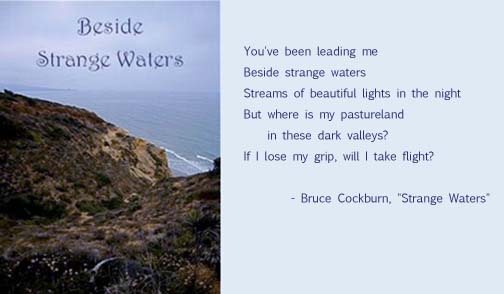It’s been over a month since I sat down with the intention to write seriously. I’ve been overcommitted, struggling to learn the music for my violin recital and for the cantata at church. Instead of writing and publishing my work, I’ve been making art, or crocheting, or even cleaning the house.
I feel empty and dry. This morning I tried to read a poem by Louise Glück, but it was too subtle for a quick reading and I’m tired. Oh God, I am so tired. I’ve been sleeping at least six hours a night – which is a lot for me – but for some reason it isn’t enough.
Today I brought my coffee upstairs, cleaned the glass on the French doors, and wrote about not writing. Because sometimes, what I need most is to see the sky clearly. To be honest with myself. To sit down, pick up a pen, and begin.
Photo: Guian Bolisay (Instant Vantage)



